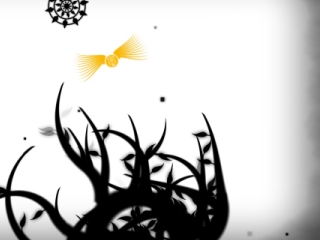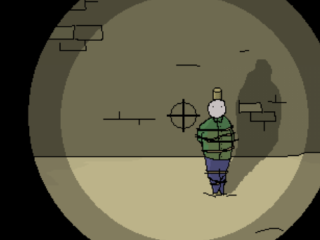
In this podcast, I talk about exploration games. Exploration games, as I categorize them, are games with an open world that offer an array of paths at any one time. They’re awesome because they appeal to players’ curiosity and completionism, and they help deal with player frustration.
References:
- Morrowind
- Metroid
- Super Metroid
- The Legend of Zelda
- Shadow of the Colossus
- The Grand Theft Auto III series
- Knytt (free download)
- Noctis (free download)
- An Untitled Story (free download)
- Half Life 2
- Deus Ex
The music for this episode is “Space Doggity” by Jonathan Coulton, and is available under a Creative Commons Attribution-NonCommercial 3.0 license.

